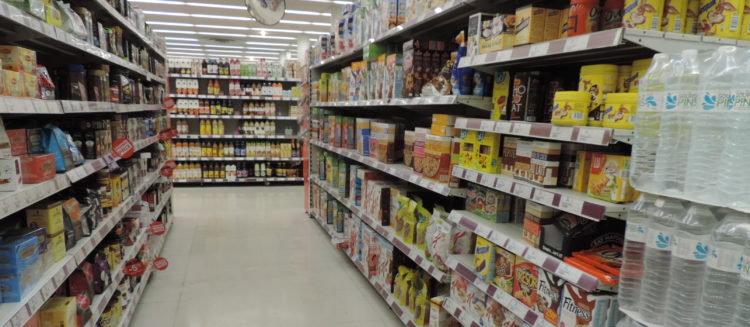
Sustainability has finally hit the mainstream of consumerism
Is sustainability the new normal for consumers?
As eco-consciousness goes mainstream in some countries, consumers don’t just expect brands to be sustainable, they expect them to be ‘regenerative’,
Sustainability has become an imperative for consumers. More than nine in ten (92 per cent) of consumers across four global markets—Australia, China, United Kingdom and the United States—claim to be trying to live more sustainably, according to a new study : The New Sustainability: Regeneration by advertising agency JWT.(The New Sustainability: Regeneration report)
 Once deemed ‘hippy’, sustainability has finally hit the mainstream of consumerism, the study finds. 89 per cent of consumers say they care personally about protecting the environment. Veganism is becoming increasingly popular—in China, veganism is expected to rise by 17 per cent by 2020—the topic of single-use plastics is causing a stir, and consumers are rejecting the use of plastic straws. Community-driven initiatives such as ‘plogging’ have also started to pop up. This latest sustainable fitness craze originating from Sweden involves picking up litter while jogging.
Once deemed ‘hippy’, sustainability has finally hit the mainstream of consumerism, the study finds. 89 per cent of consumers say they care personally about protecting the environment. Veganism is becoming increasingly popular—in China, veganism is expected to rise by 17 per cent by 2020—the topic of single-use plastics is causing a stir, and consumers are rejecting the use of plastic straws. Community-driven initiatives such as ‘plogging’ have also started to pop up. This latest sustainable fitness craze originating from Sweden involves picking up litter while jogging.
The sustainability movement isn’t just benefiting the planet, it’s influencing how people view each other, with 79 per cent stating that caring for the environment is a quality they look for in a partner.
A change in consumers’ value systems is behind the shift in mindset. Results from the JWT study of 2,001 people suggest that instead of being motivated by vanity, narcissism or the reception of praise; personal values, a sense of duty and moral obligations are the driving force behind an increased sense of responsibility towards the environment. This aligns with the most common association of the word sustainability amongst respondents: “responsible”.
But does the notion of being responsible for the environment translate to action on the part of the consumer? For most, sustainable living is often still an aspiration rather than a lifestyle commitment, the study finds.
Companies are uniquely placed to drive change… Today, major businesses possess unparalleled scale and power, and the potential to use their resources for good.
While consumers might be willing to take baby steps and adopt smaller lifestyle changes such as dropping plastic straws, other old habits die hard. 64 per cent of people say they like the idea of a car-free city, but 55 per cent confessed they love their car and would never stop driving. This behaviour gap could simply be due to the lack of accessible alternative options in the marketplace, which make it harder for consumers to stick to their original, more righteous, intentions.
What do you think?